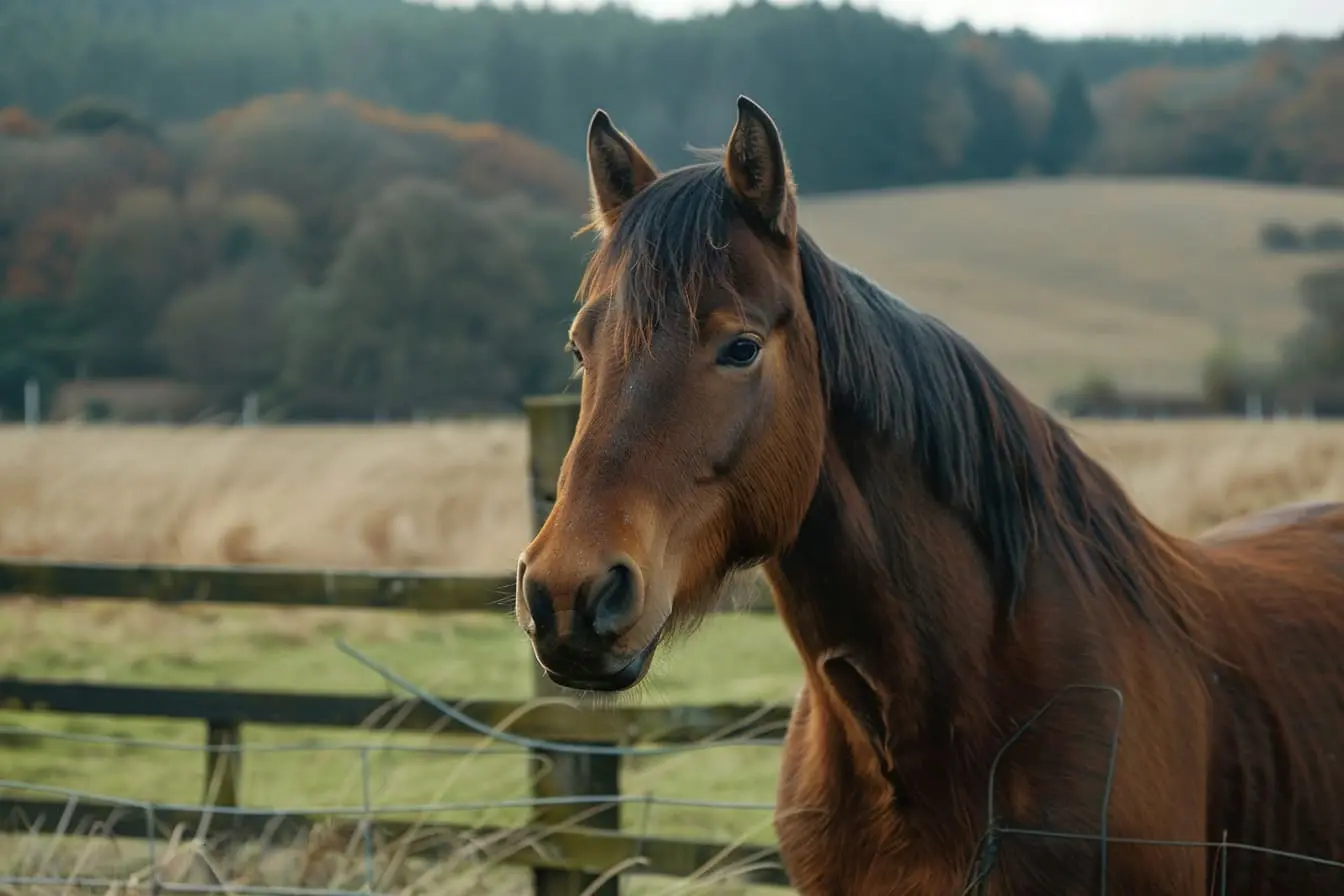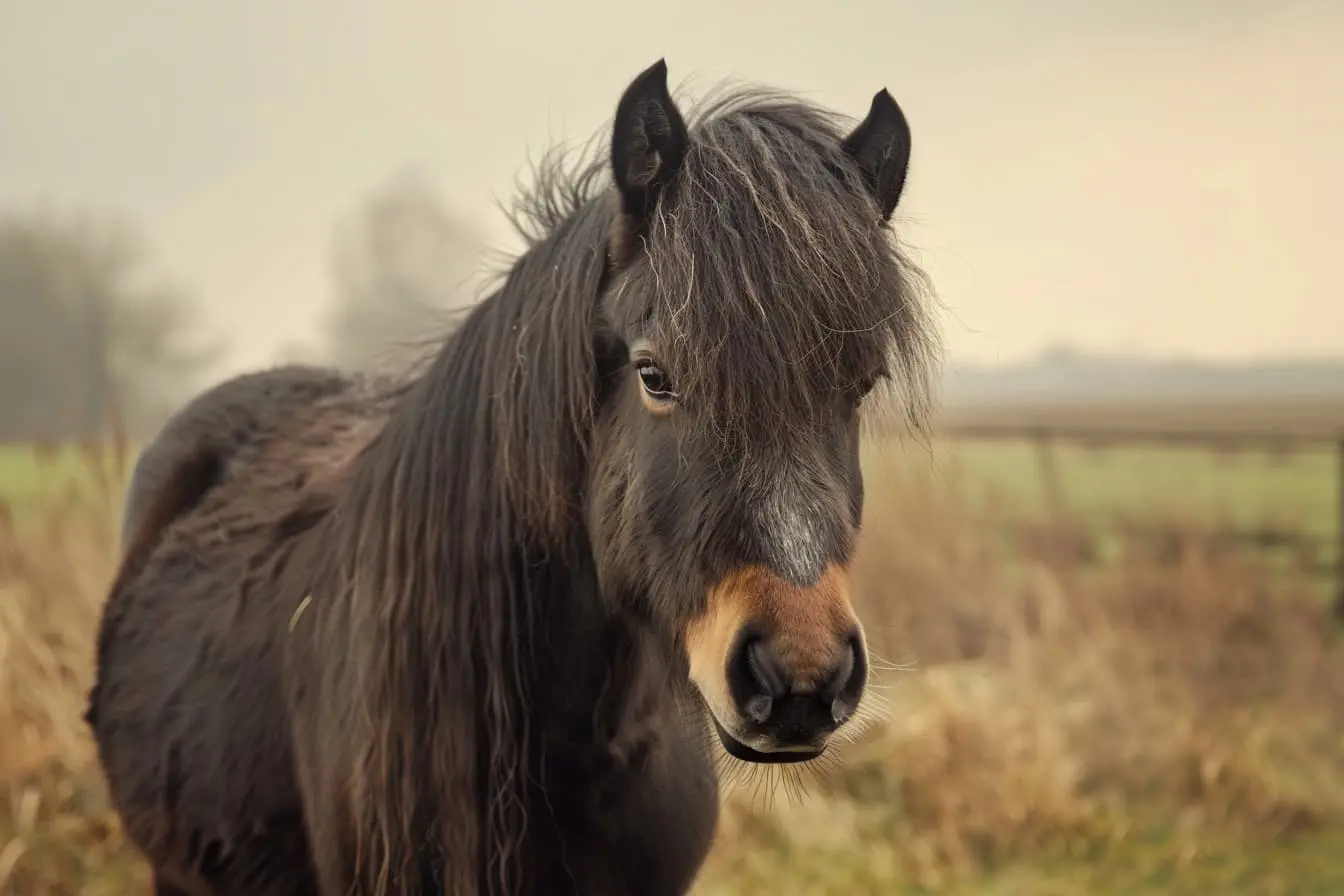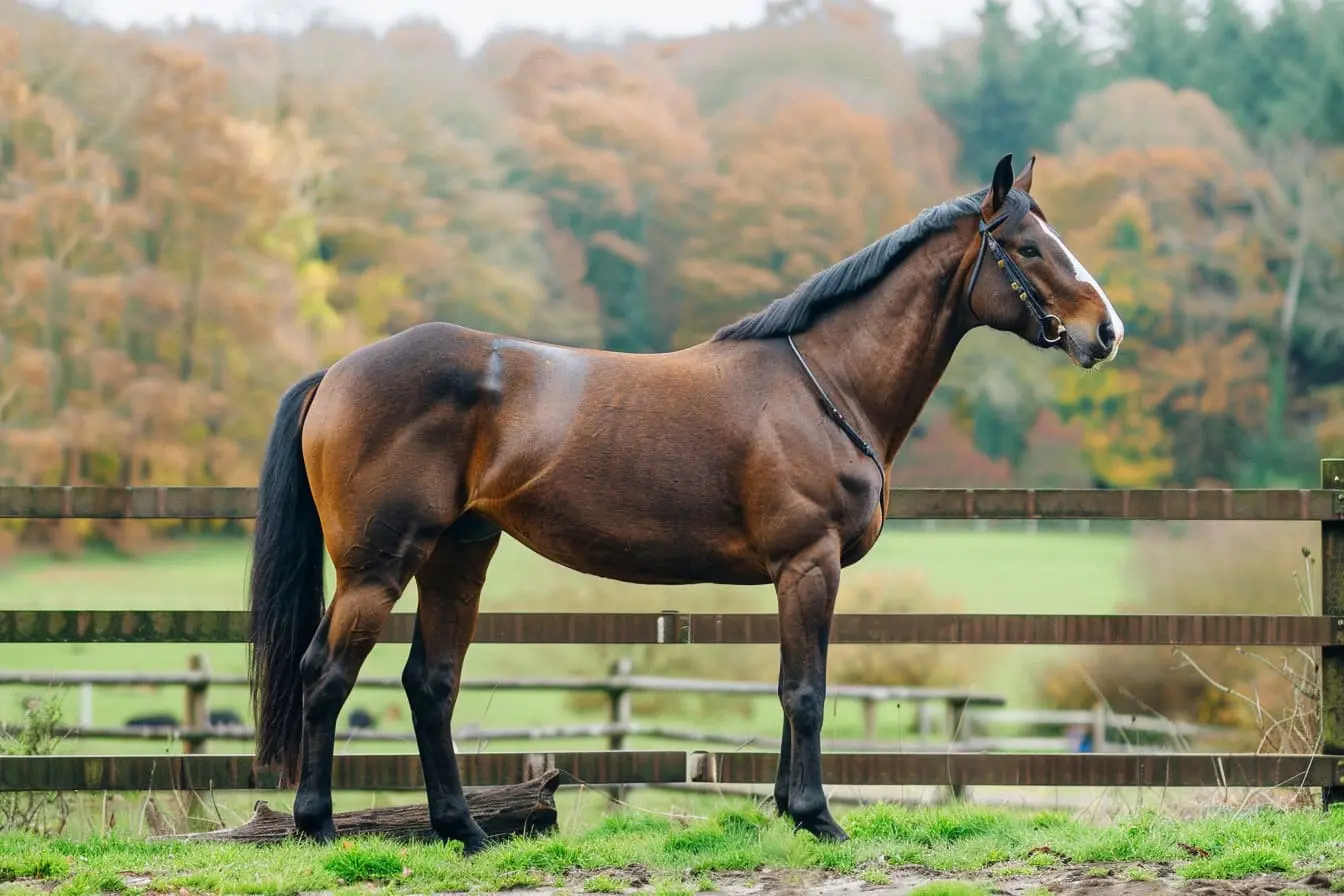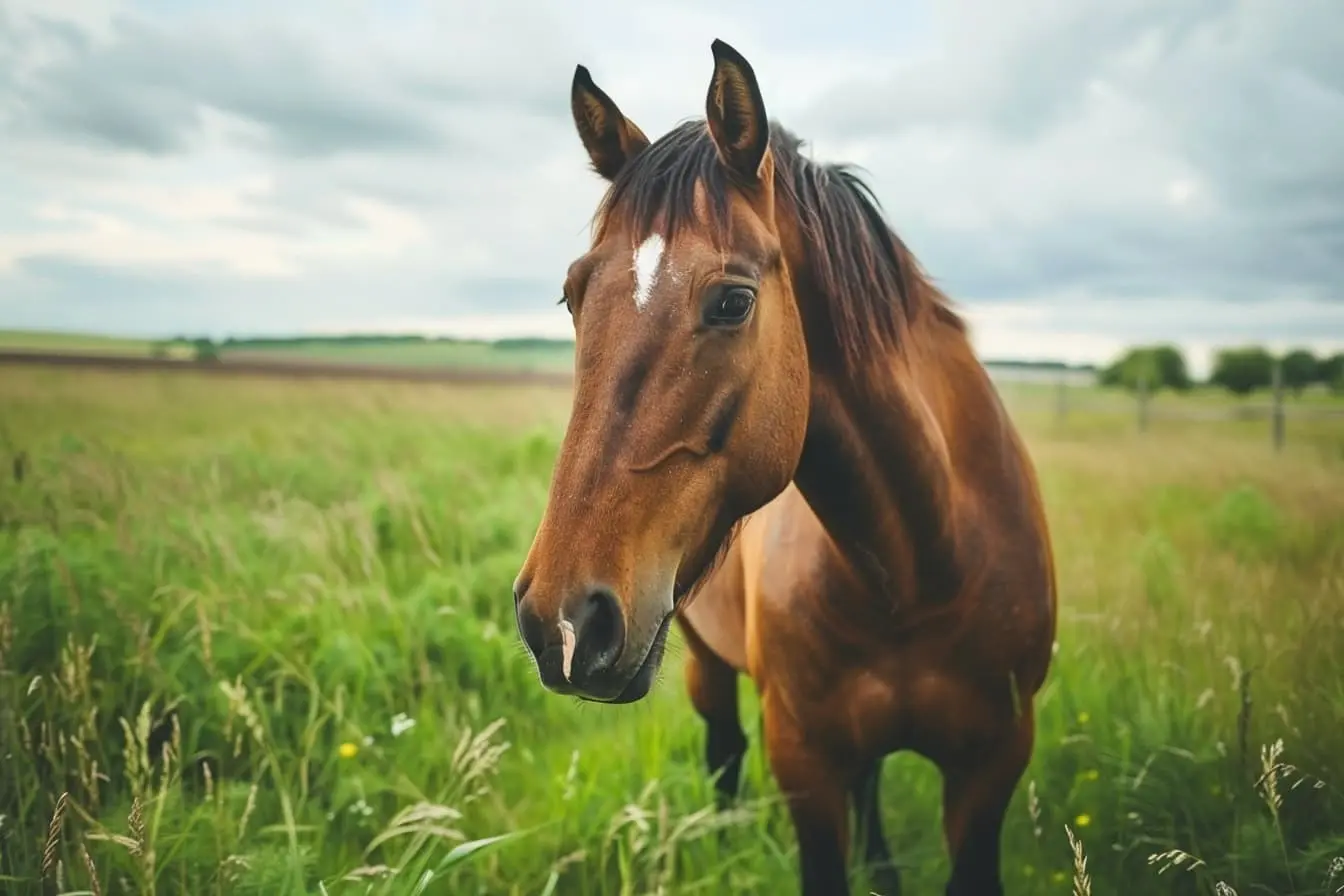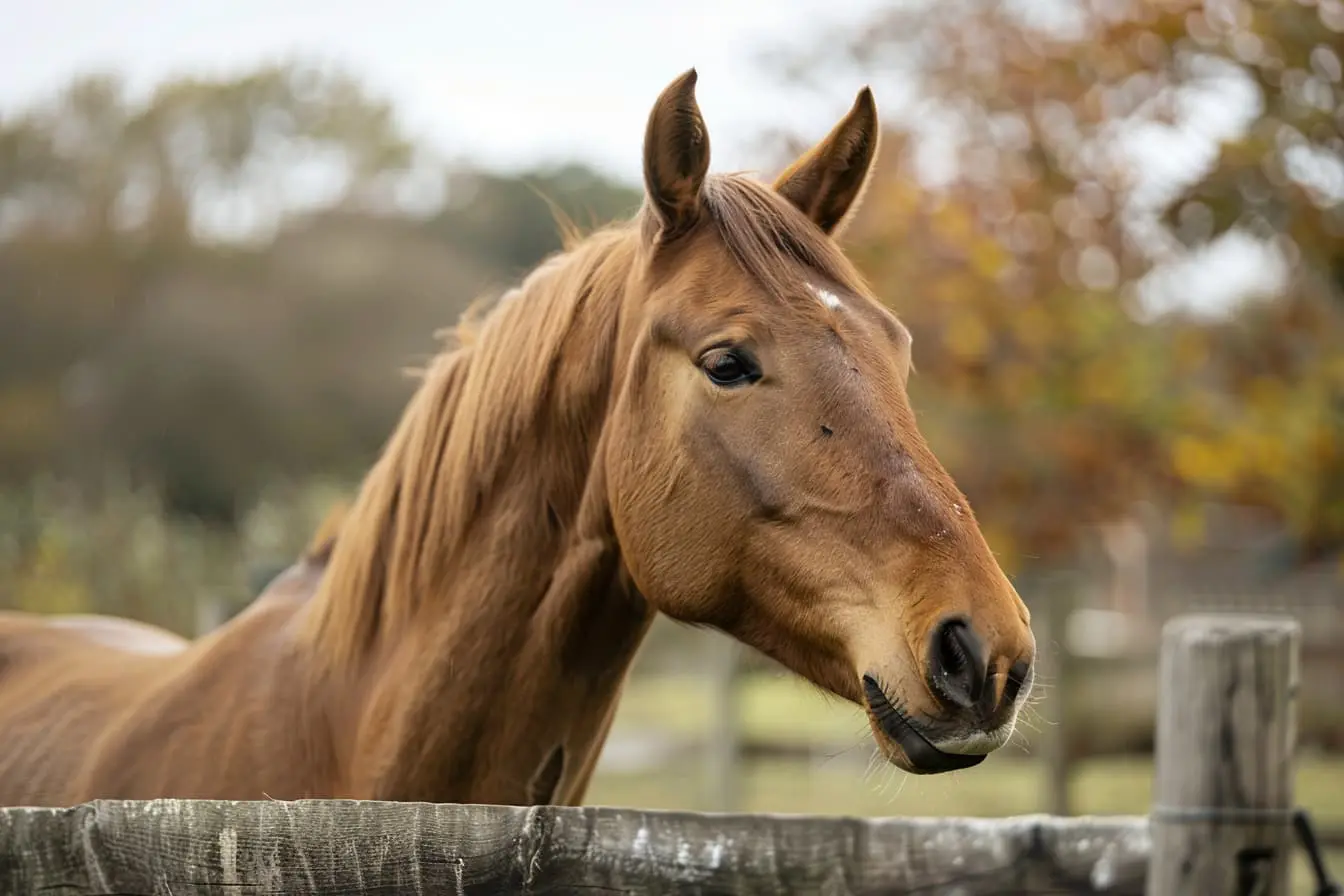
Choosing a Cob: A Comprehensive Guide for New Horse Owners
Embarking on the journey of horse ownership is an exhilarating experience that promises both challenges and rewards. For those new to the equestrian world, selecting the right breed is a pivotal decision. Cobs, with their versatile nature, sturdy build, and gentle temperament, often emerge as a top choice for novices and experienced riders alike. This guide aims to delve into the essence of what owning a Cob entails, assisting you in determining if this adaptable and affectionate breed aligns with your equestrian aspirations.
Understanding the Cob
Defining the Cob
Cobs are not defined by their lineage but by their type, encompassing a variety of breeds that share similar physical characteristics. They are known for their short stature, strong build, and calm demeanour. Typically, Cobs stand between 14 and 15.2 hands high, making them an ideal size for both adult riders and young equestrians.
Characteristics and Temperament
Cobs are celebrated for their docile and friendly nature, making them suitable companions for first-time horse owners. They possess a hardy constitution and are relatively easy to care for, thanks to their adaptable feeding requirements and resilience to health issues. With a broad chest, strong legs, and a well-muscled neck, Cobs are capable of carrying heavier riders and excel in various equestrian disciplines, from dressage and jumping to driving and hacking.
Considerations for Potential Cob Owners
Care and Maintenance
While Cobs are generally low-maintenance compared to other breeds, they require regular grooming to keep their coat and mane in good condition and to prevent skin issues. Their hooves need routine care from a qualified farrier, and like all horses, Cobs benefit from a well-managed diet tailored to their activity level to prevent obesity.
Training and Exercise
Cobs are intelligent and willing learners, responding well to consistent and positive training methods. They thrive on attention and interaction with their owners, making them a joy to work with. Regular exercise is essential for their physical health and mental well-being, providing an excellent opportunity for bonding and skill development.
Financial Commitment
Owning a Cob, or any horse, comes with significant financial responsibilities. Beyond the initial purchase, owners must budget for ongoing expenses such as feed, veterinary care, farriery services, and possible boarding fees. While Cobs are hardy and may incur lower veterinary bills than more sensitive breeds, they still require a commitment to their care and well-being.
Making the Decision
Deciding to bring a Cob into your life is a choice that offers immense rewards, including companionship, the joy of riding, and the satisfaction of horse care and management. Their gentle nature and versatility make Cobs particularly appealing to new horse owners. However, it's crucial to assess whether you can meet their needs and provide a nurturing, attentive environment.
For those considering a Cob, engaging with Cob owners, visiting stables, and attending equestrian events can offer valuable insights into what ownership entails. This hands-on experience is vital in making an informed decision, ensuring a Cob is the right fit for you.
In conclusion, Cobs represent an excellent option for those new to horse ownership, offering a blend of affection, resilience, and adaptability. With the right preparation and commitment, owning a Cob can be a fulfilling experience, enriching your life with the joys of equestrianism.
Vets near you
Speciality vets
- Aquatics vet specialists
- Birds vet specialists
- Camelids vet specialists
- Cats vet specialists
- Cattle vet specialists
- Deer vet specialists
- Dogs vet specialists
- Equines vet specialists
- Exotic vet specialists
- Goats vet specialists
- Pigs vet specialists
- Poultry vet specialists
- Sheep vet specialists
- Small Mammals vet specialists
- Wild vet specialists
Vet facilities
- Accessible by public transport
- Blood testing
- Car park nearby
- Client car park
- Dentistry
- Diagnostic imaging
- Disabled public access
- Flea and worm treatments
- Microchipping
- Mobile services
- Neutering
- Open at weekends
- Out-of-hours service
- Referral interests
- Referrals only
- Street parking outside
- Toilets available
- Vaccinations
